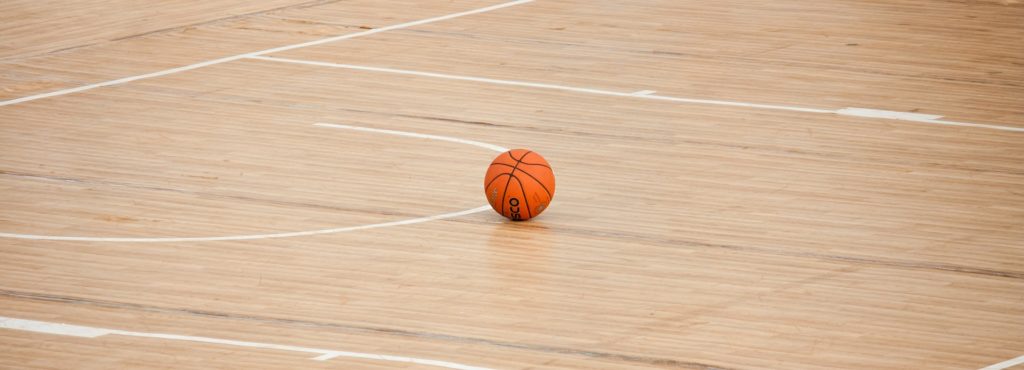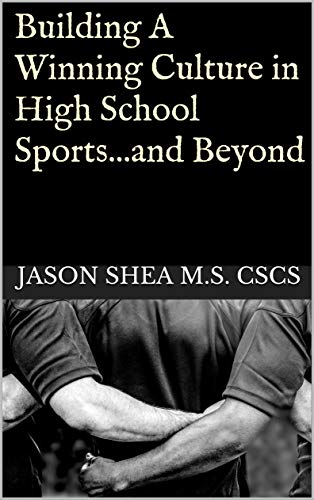
Portsmouth NH is a historic city along the coast of NH known for its great museums, architecture, seaport area, and yes, boys high school basketball program. As of 2017 the estimated population was 21,796.
In 1630 the west bank of the harbor was named Strawberry Banke by English colonists. In 1653 the town was incorporated and changed its name to Portsmouth, in honor of the colony’s founder John Mason who had been captain of the port of Portsmouth in Hampshire County, England, for which New Hampshire was named.
Portsmouth played a significant historical role in 1774: It was the destination for which Paul Revere took his historical ride to warn the colonists that the British were coming to seize the port.
Many buildings in downtown Portsmouth are still reflective of its days as one of the nation’s busiest ports. Museums and Colonial and Federal architectural styles line the downtown area and have become popular tourist destinations, all paying tribute to the historical significance of this city.

Basketball also has a rich history in Portsmouth. The team won 16 state championships from 1923 to 1994. During one stretch in the 1950’s the team won 4 straight state titles from 1950-1953. Over that period from 1923 to 1994, the team played in the state championship game a staggering 26 times.
After over a decade long hiatus, the Clipper team, with Coach Jim Mulvey at the helm, broke through in 2007 and made the state finals, then in 2009, began another historical run:
| Season | Record | PPG Allowed | Result |
| 08-09 | 16-6 | 54.2ppg | Won State Championship |
| 09-10 | 15-6 | 47.4ppg | Lost in the state tournament |
| 10-11 | 18-4 | 45.3ppg | Lost in State Championship Game (allowed 45ppg in tournament) |
| 11-12 | 20-2 | 41.7ppg | Won State Championship (allowed 38.25ppg in tournament) |
| 12-13 | 16-5 | 47.4ppg | Lost in the state tournament |
| 13-14 | 20-3 | 40.9ppg | Lost in State Championship Game (allowed 35.5ppg in tournament) |
| 14-15 | 19-4 | 45.8ppg | Lost in State Championship Game (allowed 45ppg in tournament) |
| 15-16 | 20-0 | 39.6ppg | Won State Championship (allowed 36.3ppg in tournament (29 in final)) |
| 16-17 | 23-0 | 46.5ppg | Won State Championship (allowed 38.3ppg in tournament) |
| 17-18 | 21-4 | 47.2ppg | Won State Championship (allowed 45ppg in tournament) |
| Avgs: | 18 wins 3.4 losses | 45.6ppg | 40.47ppg allowed in tournament when playing in state championship game since 10/11. |
Coach Jim Mulvey grew up in Portsmouth, graduated in 74, and played all four years in high school. To say that basketball is in his blood is an understatement.
At 59, he has currently coached for 9 years. In those 9 years, the team has reached the championship game 6 times, final 4 seven times, and won 2 championships.
A self-described “little bit old school” coach, Mulvey sees the expectation of working hard lacking in many of our youth today. Playing for Portsmouth Boys Basketball, there is an expectation that you work hard. There are no days off. In fact, during practice and games, there are no hours off. There is no drill off.
Hard Work
The kids on the varsity program realize that hard work is a daily expectation. The coaching staff sets the expectations of hard work for itself to set an example for the kids. The kids then learn to like working hard. It becomes part of who they are in all elements of life. The kids insist the coaches don’t give them shortcuts, rather insisting on earning their achievements and the lessons that accompany these, through hard work.
Says coach Mulvey “when it is not expected, kids just don’t know how hard they can actually work. Hard work is about showing up with a focus or plan. Both athlete and coach are engaged at all times during practice and gameday. We are demanding. If you don’t demand certain things, then they will never be as good as they should.”
The goal is to bet better at something each day. “We are here for 90-120 minutes and that is ample time to get better at something every practice. Keeping the kids engaged and in the moment is critical to this.”
Start of the Season
Portsmouth uses the first 3-4 weeks of each season to get the athletes into condition. The coaches staff expects the athletes to put forth everything they have during their hour and half practices as the season ramps up.
Once practice is over, school work and being a quality community citizen becomes a priority.
Mulvey expresses “I love the game and have always loved basketball. The amount that goes into it and how much you have to do to prepare.” This enthusiasm comes off to the kids. The coaches always try to turn the lessons learned on the court into life lessons. According to the coach “we are not asking anything different that will be asked of these guys later in life.”
Mulvey continues “Success is not an accident. It is a valuable lesson to learn to every day. It is all about the process. We talk about it first day. It is taking little steps toward improving every day. Sometimes we go backward and sometimes we go forward. Hopefully by the end of the year we have prepared enough and met our goals and made the tournament.”
Quick Tip: For a couple of excellent books on the topic of improving daily through process goals and getting 1% better (as Sir David Brailsford, Performance Director of the Gold Medal and Tour de France winning British Cycling Team calls it: “The Aggregation of Marginal Gains) check out James Clear’s Atomic Habits, Carol Dweck’s Mindset, Doug Spurling’s 1% Better, and/or David Rock’s Your Brain At Work.
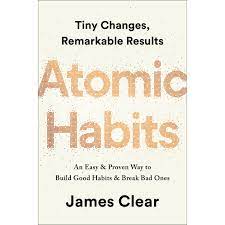

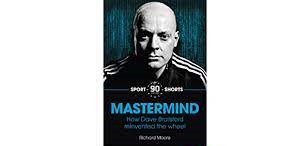
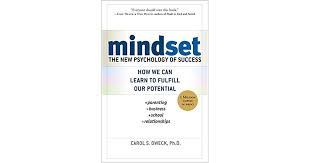
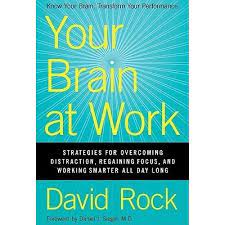
“We try to talk about goals and small the small things we want to achieve every single day. We talk about what we accomplished that day. What we need to work on better. We try to list 3-4 things we did really well then, the kids can come up with the things they feel they need to work on. This gives them a voice, which creates ownership.”
If you see something we don’t see, we want to hear it
Mulvey believes the role of any coach is one of a Teacher. That is what all coaches do: they are teaching. Teaching not only strategy and skills but also life and character lessons. “We want the kids to know the game better when they leave. Regardless of 12th player or best player, we are trying to be a better teacher all the time.”
“I think culture is very important. Strategy is also important. If we don’t always maintain our culture, both on and off the court, I worry about slipping. As a coach, I have a tendency to overanalyze and over think things.”
Not your average high school coach, Mulvey owns his own business, allowing him to commit a tremendous amount of time to the team. Oftentimes practice planning takes more time than the actual practice itself.
How do you prevent entitlement in your athletes?
“We have a great athletic department. They have the same philosophy as we do. They always have our backs. They care about the kids just like we care about the kids. Our program is established now, and we don’t have many entitlement issues” says Mulvey.
“Over the past few years, there has been some difficulty in kids accepting their roles. Kids feel they should be playing rather than be happy being on the team. This may stem from AAU programs” shares Mulvey.
Transparency
Mulvey invites parents to all of Portsmouth’s practices. This allows them to see all of the kids getting touches, performing drills, and competing.
Says Mulvey “I think the first part is a good bond with trust between us, the coaches, and the players. If a kid feels anything is wrong, the players feel they can go and talk to the coach, then if necessary, the AD. Once these conversations have happened, then the parents can come in and speak with the coaches and AD, with the student athlete present. Over nine years only 1 parent has had an issue. We have been blessed with absolutely great parents.”
Mulvey feels open practices allow for ownership of the team. There are a lot of parent that don’t know that much about basketball. Allowing parents to see how hard their kids are working and how focused and engaged they are, creates a great experience for all of us; the coaches, the kids, and the parents. This, the coach feels is a staple of a healthy culture.
Defense, Work Ethic, and State Championships
“We also have other coaches come in to watch us. We are known for our defense. We have led the state for 6-7 years in points allowed. Kids know its about our defense. We are known for our defense. We are pretty much the best defensive team in the state year in and year out. On average we give up between high thirties and low forties per game. As freshmen, the kids buy in. It takes a few weeks. It is effort and understanding of rotations. This is the hardest thing to teach. Our kids love and take pride in their defense and the hard work it takes to accomplish our defensive goals” expresses Mulvey.
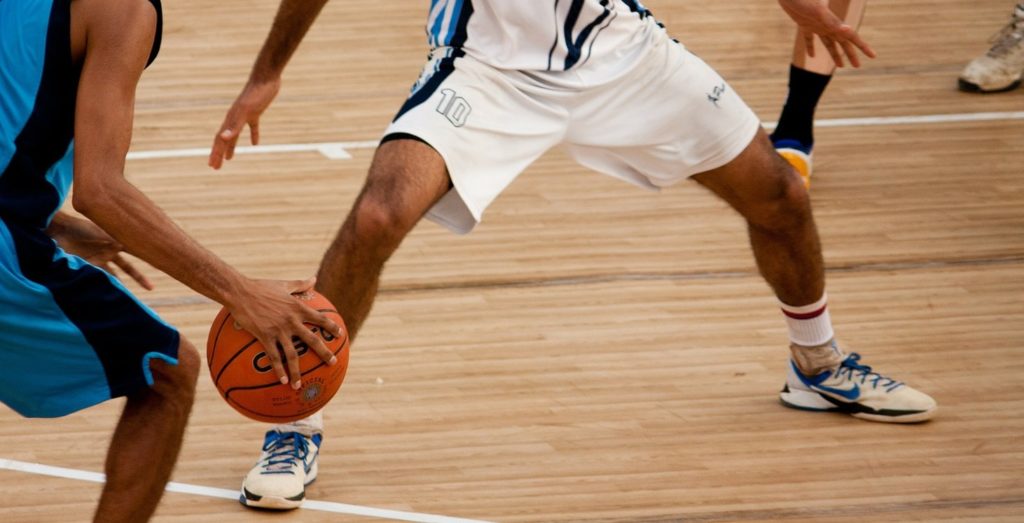
Mulvey continues “You are not always going to shoot the ball well, but you can always defend. Defense is something we have control over. We have had years where we got to the championship game by holding teams in the 30’s.
We take a lot of charges. We had one kid who had 4 charges in one game. We praise charges. 4 years ago, we won a game, but we played terrible. We wanted to stay and run after the game. Only thought about dong it after a win.”
Almost all the athletes on Portsmouth Basketball play multiple sports. Mulvey thinks it is good for the kids. Often, the kids will play both football and baseball. In the summer Mulvey gets them for 4 weeks. During the year the team does lunches, spaghetti dinners, bowling, etc.to build on team chemistry and unity.
“We always say that everybody on our team is equally important. During the year we have had some run away games, and we will start the guys on the end of the bench and play them for 3 quarters.
In practice, as far as drills, everyone is getting quality reps. We are trying to coach every athlete, making them all better. Just because one player made all state doesn’t mean he has any more value. We don’t let basketball define the person” says Mulvey.
Goal-Setting
In an effort to continually improve, Coach Mulvey reads a lot of great goal setting books in the off-season. Burn Your Goals by Josh Metcalf is one of his recent favorites. Emphasizing what he has always felt, Mulvey focuses on small achievable goals and how they fit into the greater big picture goal. “Are you planning on being good next year or are you preparing to be good next year?” Mulvey asks.
The athletes will give the coaches their goals and in return the coaches ask what they are doing to achieve these goals. What tangible and measurable actions are they taking to get there. Together, coaching staff and athlete takes the time to make a plan for everybody on the team.
“As a team, in the beginning of the season, we would love to get back to UNH, but don’t talk about that any more after that. After we have gotten that out of the way we take it practice to practice and game to game. If you are going to have a goal, don’t limit yourself. The only thing we can control on a daily basis is our effort and attitude. Everything else will take care of itself” expresses Mulvey.
Expectations and Consequences
Portsmouth usually tries to have 2-3 seniors as captains. They are asked if they see anything, they feel they should talk about with the coaching staff. This is where expectations are set. Final consequences come down to the coach.
What are the values you try to instill?
“Hard Work. Commitment. Sacrifice. Discipline. We talk about these all the time. We talk about who they are and what they represent. They represent our community, our school, their families, etc. Watching me and my staff hopefully gives them an idea of how much effort we put into it. The dedication, the commitment, the discipline. They see that I am an hour and half early every practice and stay afterward. They are never going to walk in and me not be there.
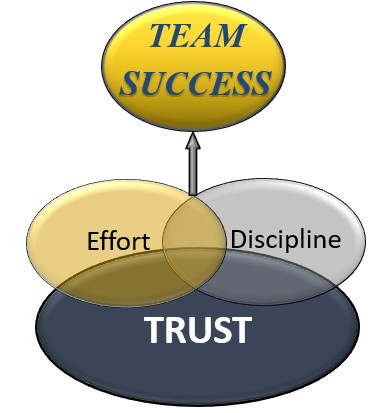
Everything in practice is run to the second. On offense when we tell them they have to be 2 inches to the left; they immediately fix things as they know these little details may come and back and bite them in the ass.
Foul shooting, small details, etc. One thing that is interesting is the work we put in on specific situations. Up by 3 with 20 seconds, etc. We work on creating pressure in practice to live up to the pressure of the moment during a game.”
Mulvey’s Dad was not a coach, though the future coach developed a love and passion for the game, playing point guard throughout high school. What got him into coaching? “I think it was just watching my kids growing up. When I started teaching them a little bit and how important it was to me and to them, I realized how rewarding it could be” says Mulvey.
He continues “The kids believe the coaches are going to get them better. This is their trust in us as coaches, teachers, and mentors. One of the seniors this year said that we care more about him and the players on the on team than about basketball. That was a very heartfelt and rewarding thing to hear as a coach.”
“We also love that you can fix things as a coach. You see the smile and confidence once you know they have gotten something. Another thing we as coaches love is having the kids come back at Christmas time each year and scrimmage the young kids. The athletes keep in touch over the years. Some have asked or other coaches for help in making big life decisions.”
Continuity
“Our coaching staff puts on camps in the summer for the young kids. During the season we work with the JV kids and we also go a couple times a week to see or help out the freshman kids. The junior high team is invited to our games and practices, while we may go and watch a junior game when we have the chance.
It is challenging to get to everything you want to get to. It is your time and your efforts. It is what you put into it as a coach. I remember John Wooden saying “you may not always like the results, but the results should be pretty close to what they should be” expresses Mulvey.
Lessons from the business world
Mulvey reveals “Being a business owner definitely helps as a coach. My father worked like a dog. He didn’t complain, just kept working. All us kids learned the same work ethic from him. If I am going to do something, I am going to do it right. We as a coaching staff work extremely hard. Our kids really work. We come to the gym with the mindset to get better each and every practice. Practice is an opportunity to improve on our skill, our condition, and our cohesiveness. If we are going to ask this of them, we better work that hard as well.
The big thing in our sport with leadership is who is going to talk and verbalize. Sometimes it does not have to come from your best players. Every drill we must talk and call each other’s names. It is extremely important on defense when you are rotating and switching. It is about the players. You win and lose with your players. You can have the greatest coaches; you have to have some talent. Most of the time it comes down to the players, their attitudes, their work ethic, their discipline, and the pride they take in being a part of a team.”
Thanks for reading! For more Winning Culture stories check out our blog, or pick up a copy of Building a Winning Culture in High School Sports….And Beyond!

